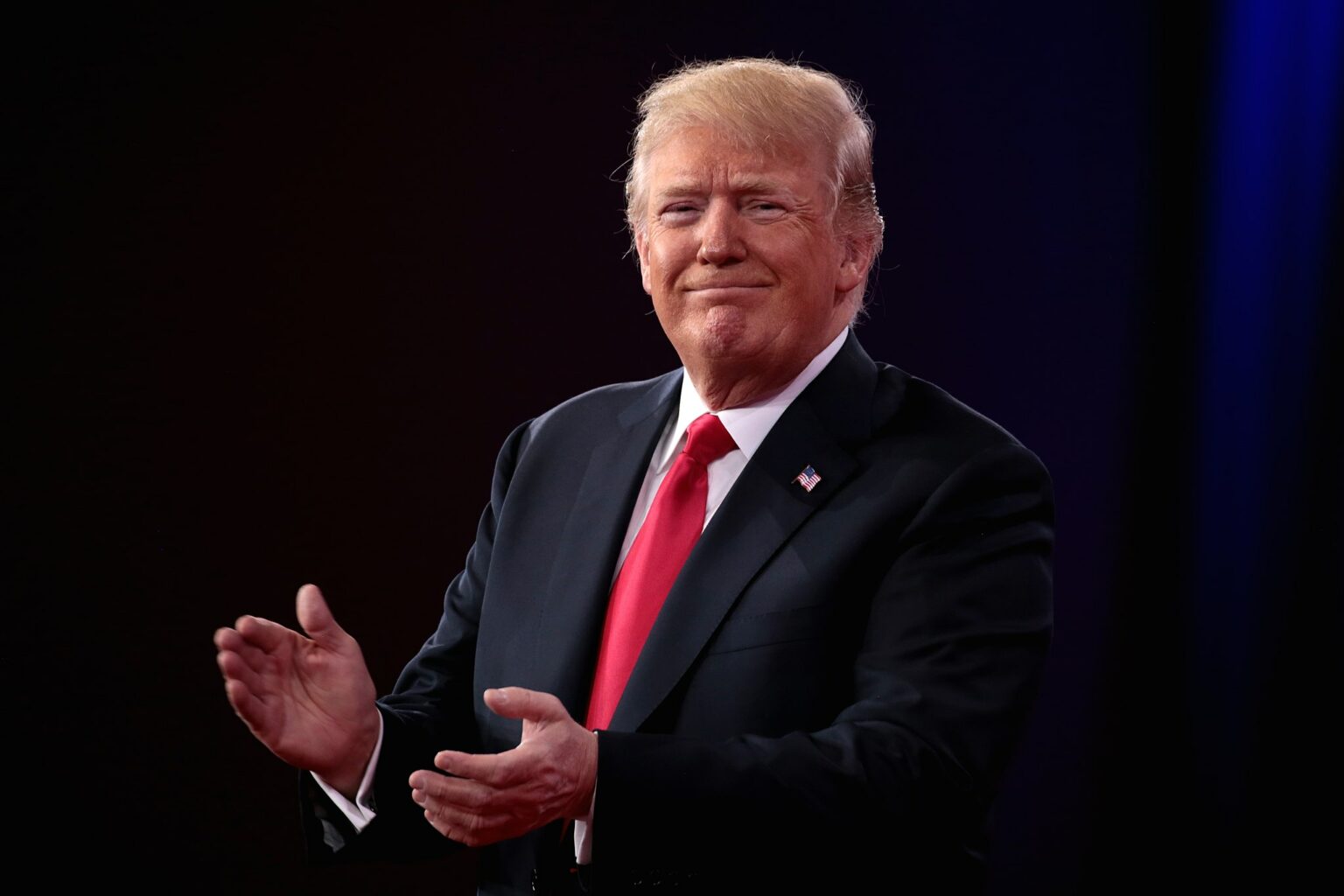Here’s what happened…
On Monday, retired federal judge J. Michael Luttig submitted an amicus brief to the U.S. Supreme Court, contending that former President Trump is ineligible to seek public office under Section 3 of the 14th Amendment. Luttig, a seasoned conservative jurist from the 4th U.S. Circuit Court of Appeals, urged the Supreme Court justices to adopt a “textualist” approach in their upcoming hearings on the case, which involves the Colorado Supreme Court’s decision to block Trump from the ballot.
In his brief, Luttig emphasized the importance of giving each constitutional provision its “fair meaning” through a textualist lens. He cautioned against both overly narrow and excessively broad interpretations, quoting Scalia and Garner in support of this perspective. Luttig stressed that every provision of the Constitution holds equal weight as part of the “supreme Law of the Land.”
Joined by other prominent figures such as conservative lawyer George Conway, the friend-of-the-court brief aimed to counter key arguments put forth by Trump and his supporters. Luttig, a prominent advocate for barring Trump under the 14th Amendment, asserted that Trump had “incited” and participated in an “armed insurrection” against the Constitution, thereby disqualifying himself under Section 3.
Addressing critics who argue that the 14th Amendment is outdated, Luttig dismissed the notion that it no longer applies in today’s context, particularly in relation to Trump’s role in the January 6, 2021, Capitol attack. He drew parallels between the events of January 6 and the 1860 insurrection in South Carolina, asserting that both were aimed at preventing the transfer of executive power to a newly-elected President.
Luttig refuted claims that barring Trump from the ballot would be anti-democratic, pointing out that the Constitution already imposes restrictions on eligibility for office. He highlighted the foundational nature of Section 3 and other provisions, emphasizing that they were established by the people through ratification and are not inherently undemocratic.
In light of various states’ efforts to prevent Trump from appearing on the 2024 ballot, Luttig’s brief contributes to the ongoing legal discourse surrounding Trump’s eligibility. The U.S. Supreme Court’s decision on this matter, expected in February, will have significant implications for the 2024 elections, where Trump currently leads the GOP presidential primary. Despite legal challenges and multiple indictments, including allegations related to the 2020 election and hush money payments, Trump remains a prominent figure in the political landscape.
